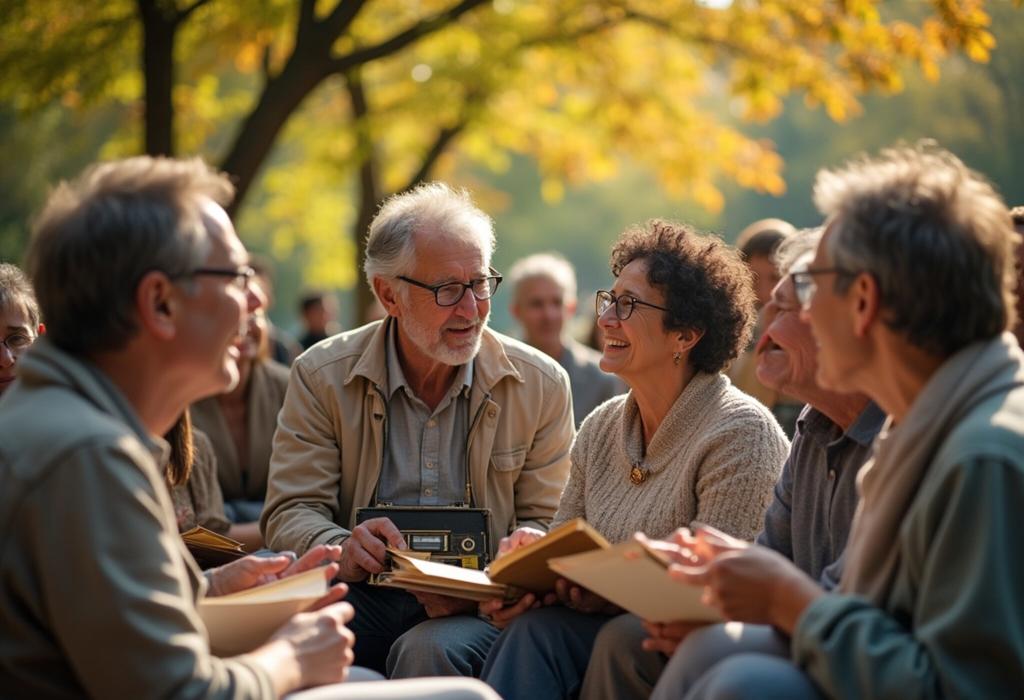For more details on this content, please review the step-by-step guide and frequently asked questions.
What Lies Beneath?: Archaeology and Time Capsules

Step-by-Step Guide
Understanding Archaeology
Archaeology is the study of human history and prehistory through the excavation of sites and the analysis of artifacts, structures, and cultural landscapes. It helps us understand how historical societies lived, interacted, and evolved over time.
Introduction to Time Capsules
A time capsule is a container that holds a selection of objects, messages, or documents intended to be preserved for future generations. Typically, time capsules are buried or sealed and are intended to be discovered years later, offering insights into the time period in which they were created.
The Purpose of Time Capsules
Time capsules serve to preserve cultural heritage, share insights about contemporary life, and create connections between past and future generations. They can be filled with everyday items, letters, photos, and even digital media.
Famous Examples of Time Capsules
Some notable time capsules include the 1939 New York World's Fair capsule, packed with items reflective of American life at the time, and the Crypt of Civilization, which aims to preserve human culture from the 20th century for future civilizations.
How Archaeologists Discover Time Capsules
Archaeologists often rely on various excavation techniques, surveying methods, and historical records to locate time capsules. Once identified, they meticulously excavate these sites to minimize damage and ensure careful recovery of artifacts.
Analyzing Time Capsule Contents
After recovery, archaeologists analyze the contents of time capsules for their materials, cultural significance, and context. This analysis can provide valuable information about the era in which the capsule was sealed and the people who created it.
Preservation Techniques
Specialized techniques are employed to preserve both the contents of time capsules and the capsules themselves, such as climate-controlled storage, chemical treatments to prevent decay, and careful handling to avoid degradation.
Building Your Own Time Capsule
Creating a personal time capsule is a fun and meaningful way to leave a message to the future. Choose a durable container, select various items that represent your life and wishes for future generations, and write a letter explaining the significance of the items included.
Choosing Items for Your Capsule
Consider including items like photographs, letters, newspapers, and nostalgic objects that reflect your interests and culture at the current time. Make sure these items are durable and safe for preservation.
Sealing and Storing Your Capsule
Seal your time capsule securely to withstand the test of time. Decide on a burial spot or a safe location for storage. Consider inscribing information about when it was sealed and instructions for future finders.
Potential Discoveries and Their Effects
Many time capsules can yield unexpected artifacts that reshape our understanding of history. Discoveries can prompt new research questions and even lead to a reevaluation of historical narratives.
Ethics in Archaeology and Time Capsule Discovery
Ethical considerations play a critical role in archaeology, especially when unearthing time capsules. It is important to respect the cultural significance of items and to consider the implications of their release into the public domain.
Inspiring Future Generations
Time capsules can serve as an inspiration for future generations to connect with their roots and appreciate their cultural legacy. They act as historical markers, bridging the gap between different eras.
Community Involvement in Time Capsule Projects
Engaging communities in time capsule projects promotes local heritage awareness and participation in history-making. Communities can collaborate to create capsules that represent shared experiences and aspirations.
Conclusion: The Journey Through Time
By studying archaeology and exploring time capsules, we gain invaluable insights into human history. Each time capsule is a story waiting to be told, linking us to our past and shaping our understanding of the future.








